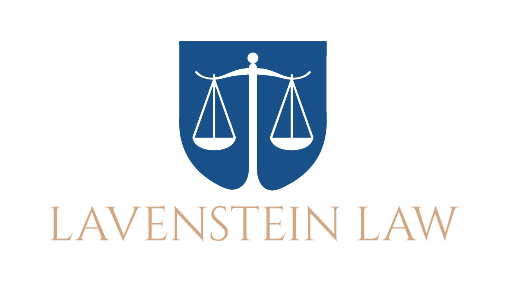By: Mark Rollins
[ad_1]
There are drug courts throughout the Country. Generally, they are special courts designed to treat people who have an addiction issues and are in the criminal justice system. There are currently more than 2,450 Drug Courts operating throughout the United States with all 50 states having a program. District of Columbia Superior Court Drug Intervention Program (SCDIP) has been in operation for over 20 years. SCDIP is a voluntary program.
Criminal defense attorneys who make a blanket statement “I don’t have clients do drug court” are doing a disservice to their clients especially if the reason they are in criminal justice system is for addiction. Good criminal defense attorneys will explore all options including participating in this program.
Over the course of the last year, SCDIP has gone through some major changes. SCDIP requires a minimum participation of 5 months. This article gives a brief overview of how the typical defendant enters District of Columbia Superior Court Intervention Program.
The client comes into the criminal justice system either charged with a misdemeanor or a felony case in DC. Superior Court. It should be noted that SCDIP is only applicable to charges prosecuted by the United States Attorneys Office for the District of Columbia. The Attorney General for the District of Columbia criminal prosecution division does not participate in SCDIP; and therefore, serious traffic charges are not eligible.
Misdemeanor cases Intake
The defendant reports for arraignment (initial charge). Thereafter, the case is set for status. The Court at arraignment may impose an evaluation and if positive program placement. If the positive test pretrial may order an addiction severity index (ASI). ASI is an evaluation where a drug counselor expert advises what treatment is required of the defendant.
At the status hearing, pretrial services may recommend drug court as an option. If pretrial services recommends drug court, the government will be given 2 to 3 weeks to screen whether they will allow participation in drug court. The case will be set for an additional status hearing.
At the final status hearing, if pretrial services and us attorneys and the defendant agree the case will be certified to the drug court calendar on a Tuesday or Thursday.
Upon successful completion of a misdemeanor case in drug court, the case will be dismissed.
Felony cases Intake
The defendant is presented on a felony complaint. The case is set for preliminary hearing. The court at presentment may impose an evaluation and if positive program placement. If the defendant test positive test for drugs, pretrial may order an addiction severity index (ASI). An ASI is an evaluation where a drug counselor expert advises the Court what treatment is recommended.
If pretrial services recommends participation in drug court and the defendant ais willing, he may proceed without US attorney’s recommendation. Unlike the misdemeanor the defendant may have 2 separate court dates, one before the felony judge and one before the drug court judge. In fact, the defendant can request a trial or plead guilty and still participate in drug court.
If the United States Attorney’s office approves for participation the defendant, the U.S. Attorney’s office may grant an Amended Sentencing Agreements (ASAs). If the defendant successfully completes the ASA, the government will agree to permit the defendant to amend his/her plea at the final sentencing date and plead to a lesser included misdemeanor charges instead of the felony.
If the US attorney’s office did not approve participation, upon successful completion of a felony case in drug court, the court may grant a term of probation but it is not guaranteed.
[ad_2]
Source













